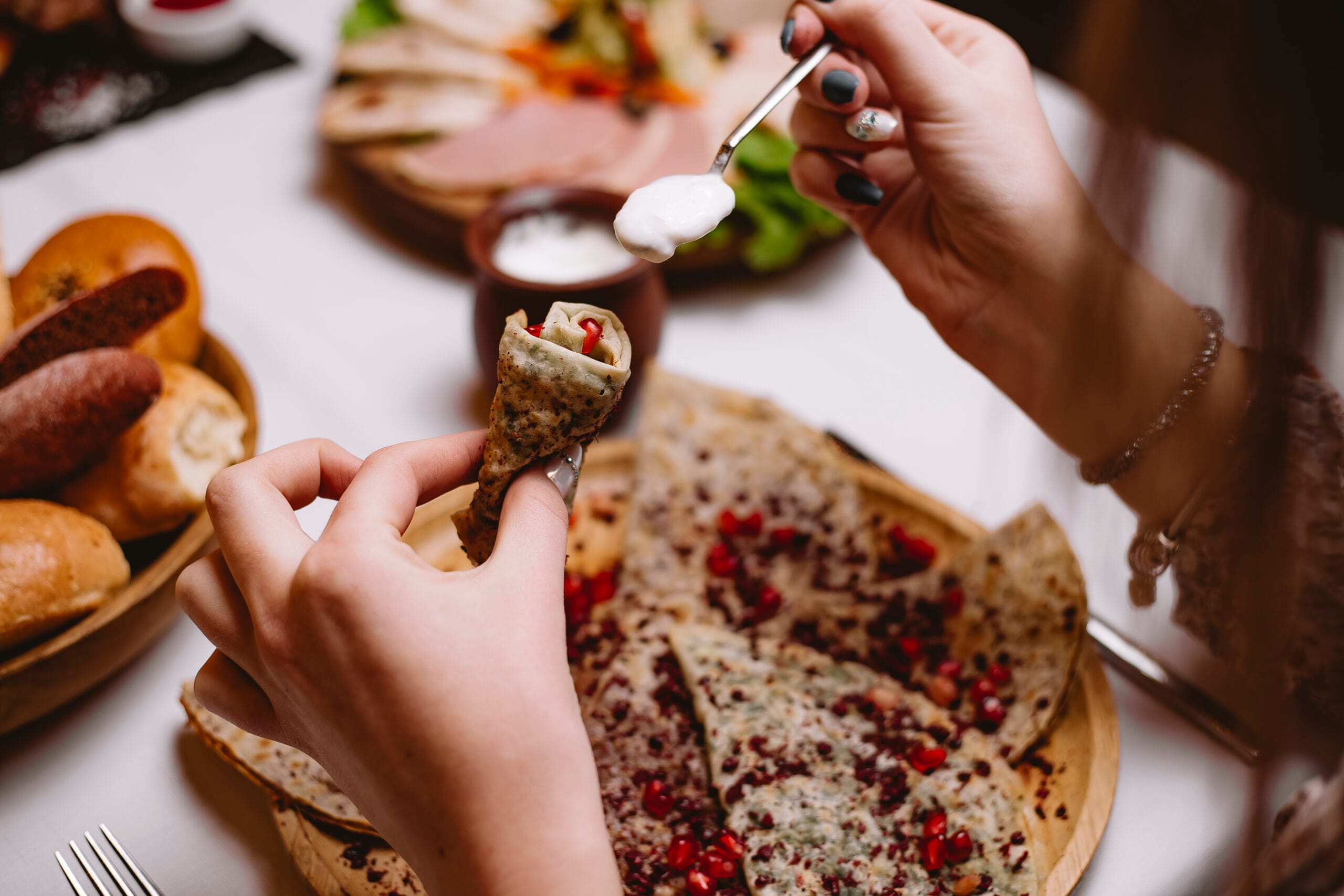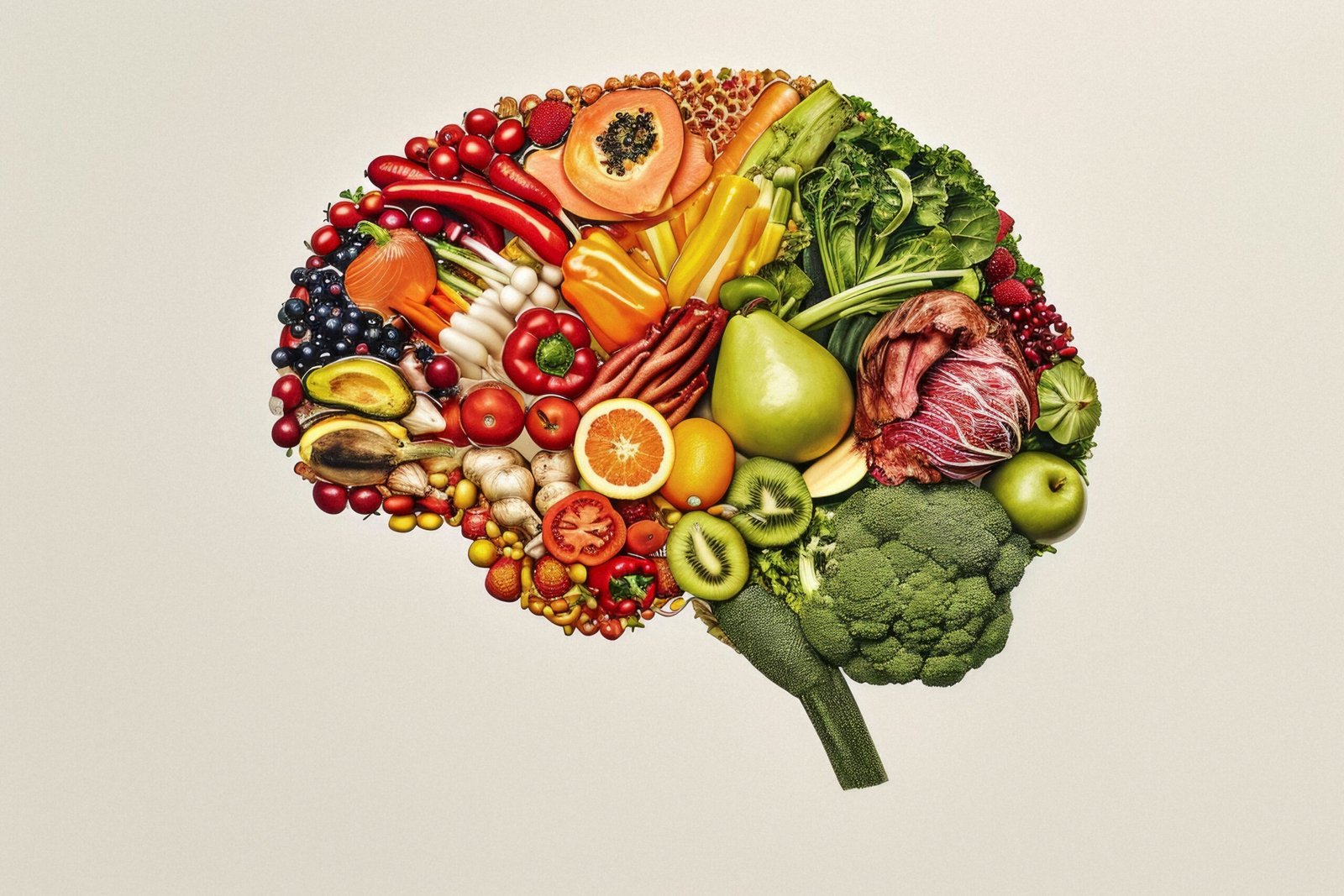Moroccan cuisine, with its captivating flavors and ancestral traditions, is more than just a culinary delight. It plays a fundamental role in the mental well-being of Moroccans. Thanks to ingredients with therapeutic properties and rituals of sharing, it contributes to better psychological health.
A Diet That Nourishes Body and Mind
The key ingredients of Moroccan cuisine possess numerous beneficial properties for mental health. Saffron, nicknamed “red gold,” is known for its antidepressant effects. Studies, including those published in the *Journal of Affective Disorders*, have shown that saffron helps regulate mood and reduce anxiety.
Legumes such as chickpeas and lentils are rich in magnesium and tryptophan, essential for the production of serotonin, the happy hormone. Olive oil, omnipresent in Moroccan cuisine, is a valuable source of omega-3s, known for their protective effects against anxiety disorders and depression.
The Power of Ritual and Sharing
Beyond its nutritional benefits, Moroccan cuisine is rooted in a culture of sharing that promotes emotional well-being. Meals, often eaten with family or friends around a single dish such as couscous or tagine, strengthen social bonds. According to a study published in *Psychosomatic Medicine*, social interactions are a key factor in preventing stress and mood disorders.
The ritual of mint tea perfectly illustrates this aspect. Prepared slowly, it encourages relaxation and conviviality. Mint itself has soothing properties recognized in herbal medicine, helping to reduce stress and improve concentration.
A culinary tradition serving well-being
Attachment to Moroccan culinary traditions also fosters a sense of belonging and continuity. According to cultural psychology, dietary practices inherited from ancestors play an essential role in building identity and psychological well-being. Gathering around a traditional meal thus serves as a reminder of one’s roots and provides a reassuring effect.
In short, Moroccan cuisine goes far beyond the realm of nutrition to become a true support for mental health. With its nutritional richness and values of sharing, it is a pillar of psychological well-being in Morocco. As a Moroccan proverb says: “He who shares his bread will never be alone.”





